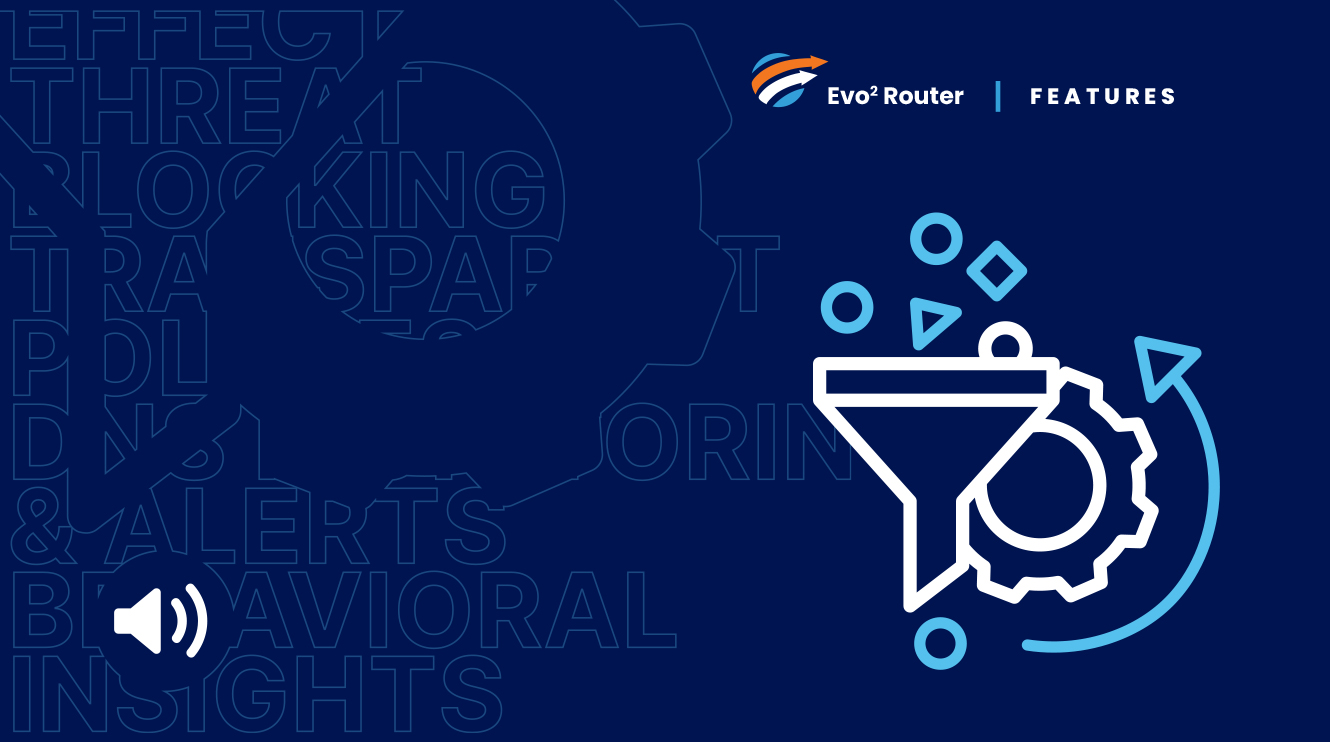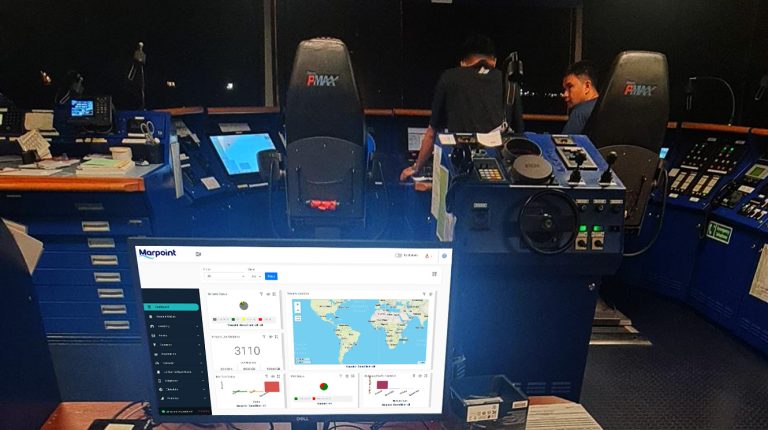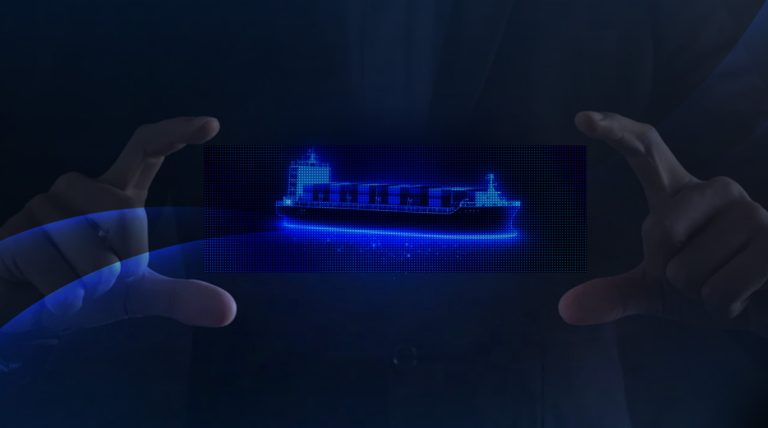Estimated reading time: 3 minutes, 15 seconds.
With the surge of digital connectivity in the maritime sector, security concerns have taken center stage. Each vessel’s network must be both operationally sound and fortified against online threats. DNS Filtering, a cornerstone of cybersecurity, addresses this need by blocking malicious content and filtering inappropriate sites—without overreaching into personal privacy. Here’s how DNS Filtering safeguards your digital landscape and ensures smooth, secure connectivity at sea.
Why DNS Filtering Matters
Digital transformation has revolutionized productivity across industries, but it has also exposed networks to new and evolving cyber threats. In 2023, 161 billion threats were intercepted globally, underscoring the importance of robust preventive measures. Notably, cloud intrusions and identity-based attacks are on the rise, often stemming from phishing and social engineering.
In the maritime industry, DNS Filtering has become a pivotal tool for enforcing compliance, securing sensitive data, and maintaining operational continuity. By filtering requests at the DNS level, companies can safeguard against a range of threats without intruding on individual user activities.
Balancing Security with Privacy
Effective DNS Filtering policies should be transparent, outlining clear boundaries to protect users without unnecessary monitoring. Instead of tracking individual browsing habits, focus on filtering known risk categories like malware, gambling, and inappropriate content. Regularly reviewing and updating these policies helps maintain a healthy balance, allowing for both network security and a respectful workspace.
How DNS Filtering Works
Here’s a straightforward breakdown of DNS Filtering:
- User Requests a Website: A user tries to access a website.
- DNS Query Interception: The filtering system intercepts the request.
- Website Categorization: The system categorizes the site (e.g., social media, malware).
- Policy Evaluation: The category is checked against preset company policies.
- Access Decision: Depending on the policy, the request is either approved or denied.
These filters can be implemented at various levels—through routers, ISPs, or third-party providers. The Evo2 MultiRouter adds a powerful layer to this process by offering DNS and application filtering, effectively blocking threats and enforcing transparent policies, providing behavioral insights, and sending real-time monitoring alerts to ensure proactive protection against online threats.
DNS Filtering vs. Web Filtering
While DNS Filtering blocks access based on website categories, Web Filtering dives deeper, inspecting actual webpage content. Both approaches have their strengths:
- DNS Filtering: Swiftly blocks unwanted sites based on categories, keywords, or URLs, minimizing browsing latency.
- Web Filtering: Offers more precise content control, decrypting encrypted connections (SSL/TLS) for advanced threat detection but may introduce slight latency.
Together, DNS and Web Filtering provide a layered defense, optimizing both performance and protection.
Benefits of DNS Filtering
- Enhanced Security: Blocks malicious websites known to host phishing or malware.
- Content Control: Enforces acceptable use policies by blocking unproductive or inappropriate sites.
- Productivity Gains: Reduces online distractions, boosting focus and efficiency.
- Compliance: Aids adherence to industry standards and data protection regulations.
- Low Latency: Quick responses with minimal impact on browsing speed.
- Simple Setup: Cloud-based DNS filters are easy to implement and manage.
DNS Filtering Limitations
Despite its strengths, DNS Filtering is not foolproof. Users may attempt to bypass filters using VPNs or proxies, and recently created malicious sites may initially evade detection. To address these, regularly update blacklists, educate users on security practices, and complement DNS Filtering with other security measures, like firewalls and antivirus software.
Risks of Forgoing DNS Protection
Without DNS filtering, vessels face an array of DNS-related threats:
- Subdomain Attacks: Overloading servers with illegitimate subdomain requests, disrupting legitimate traffic.
- Cache Poisoning: Altering server responses, redirecting traffic to malicious sites.
- Data Exfiltration: Using DNS tunneling to steal sensitive information.
Best Practices for DNS Filtering on Vessels
- Regular Updates: Keep blacklists and whitelists current.
- Custom Policies: Tailor filters to the vessel’s operational needs.
- User Education: Inform users on the role and importance of DNS filtering.
- Ongoing Monitoring: Regularly review policies and network traffic to adapt as needed.





